
The verticality of the 1959 revolutionary process took us by its own logic and dynamism to the extreme authoritarianism and total absence of democracy in today’s Cuba.

The verticality of the 1959 revolutionary process took us by its own logic and dynamism to the extreme authoritarianism and total absence of democracy in today’s Cuba.
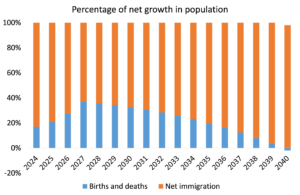
The pickup in U.S. growth last year came from a sharp rise in net immigration. In simple terms, more workers generate more goods and services.

Charles Post assesses Neil Davidson’s posthumous book on neoliberalism, which makes a key contribution to the Marxist analysis of contemporary capitalism.
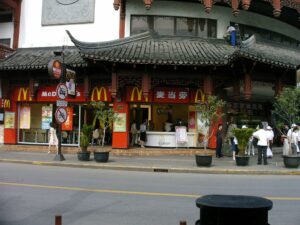
John Feffer reviews Kevin Funk’s “Rooted Globalism”, on the persistence of the national character of each capitalist class amidst globalization.
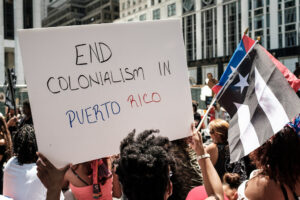
Puerto Rican socialist Rafael Bernabe calls for a Green New Deal in Puerto Rico, to facilitate its economic and ecological reconstruction.

The labor movement in the United States is passing through a transition from the stagnation of the period from 1980-2010 to a new period of dynamic change in industrial decentralization, new technologies, work, organization, union activism, and the enormous and enveloping issue of climate chan

Gaza is a real-time alarm bell that genocide may become a political tool in the decades to come for resolving capital’s intractable contradiction between surplus capital and surplus humanity.
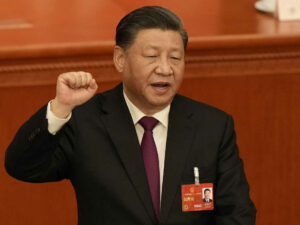
Given China’s drivers, it’s difficult to imagine how this trend could be halted or reversed short of the collapse or overthrow of the CCP. That’s coming but of course it’s impossible to predict when.
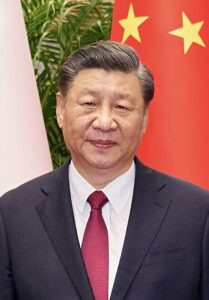
If Xi’s Chinese-style modernization has shattered the myth that modern-is-Western, then why is his economy still so dependent on Western science and technology?

Xi’s “new type civilization” is the opposite of all this. Instead of enlightenment, emancipation, freedom, critical thinking, science and democracy.

A call for a moratorium on AI development based on the precautionary principle, and a discussion of the difficulty of achieving it in a capitalist society.
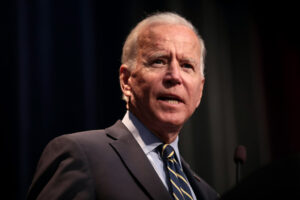
Ireland’s recent past, north and south, has been miserable—fueled by the “there is no alternative” capitalism promoted by the Irish ruling class and external powers—which will be highlighted and evident in Biden’s visit.

What can we learn from the experience of other countries that can help us think about possible futures for Cuba?
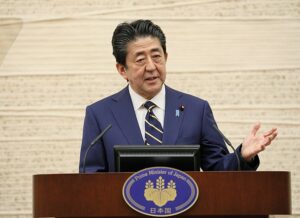
Donald C. Wood assesses the failed record of economic policies pursued by Shinzo Abe, right-wing former Prime Minister of Japan.

Peter Ranis discusses repression, exploitation, and ecological devastation in China’s authoritarian capitalism.

Michael Karadjis assesses and rejects the claim that China’s impressive poverty reduction makes it a socialist country.